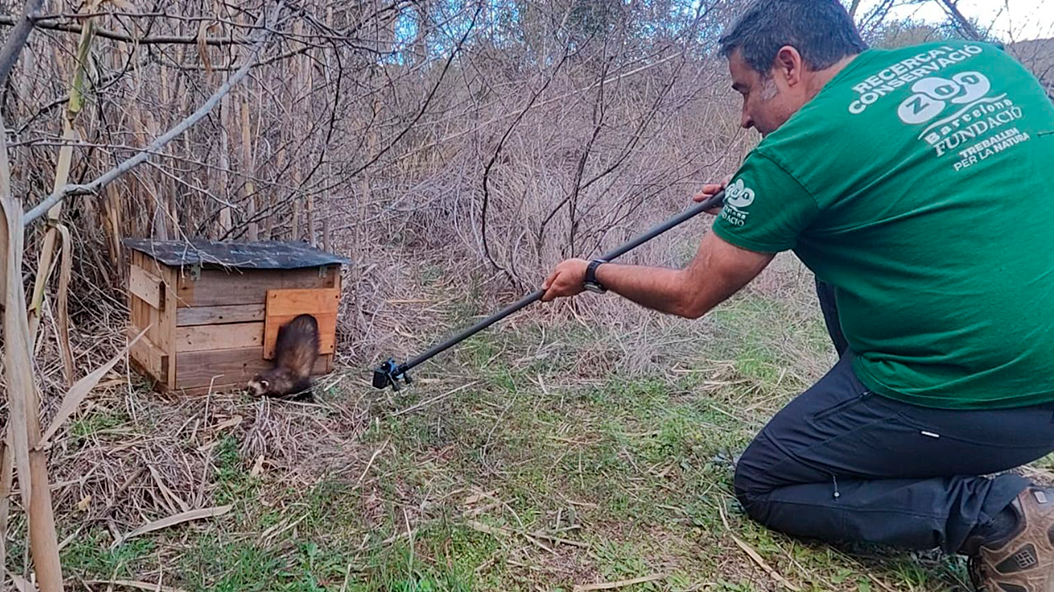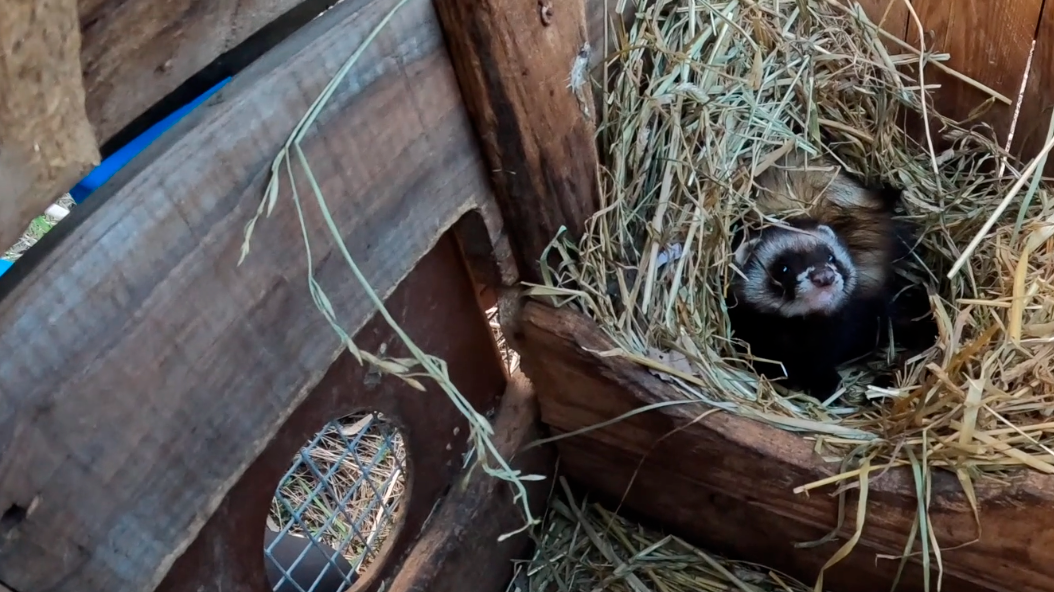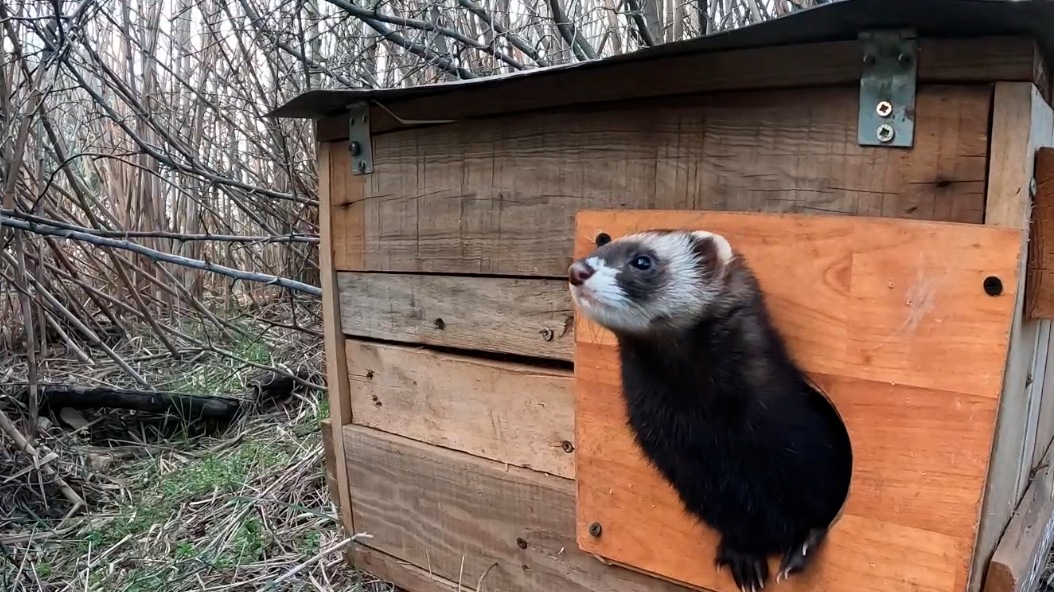The TuroCat project for the recovery of the European polecat (Mustela putorius) in Catalonia continues with the release of more polecats bred in captivity, the second since the project was launched in 2018.
On this occasion, six polecats were released in the Raimat Natura space in Lleida, a natural space of 700 hectares open to the public, where hundreds of aquatic birds, raptors in danger of extinction and mammals coexist with the organic vineyards of the Raimat winery.
The first European polecats were released in this space in 2022, and the technical team from the TuroCat project recently managed to identify them in a perfect state of health.
A further five were released in the Alt Empordà region, where the largest populations of this endangered species in Catalonia are to be found. In this case, the animals were fitted with chips to monitor their evolution in the natural environment with automatic photography systems.

A species in danger of extinction in Catalonia
The Catalogue of threatened native wild fauna and protection and conversation measures for protected native wild animals classes the European polecat as a species in danger of extinction in Catalonia. In fact, it is one of our most endangered mammals. Its area of distribution has been drastically reduced over the last 30 years and its numbers have plummeted to their current levels, with populations only living on the plains of the Alt and Baix Empordà counties, and much more sparsely in the woodlands of the eastern part of the Pyrenees.
There are various factors that have caused its disappearance in much of Catalonia, which include the use of poison to control predators, possible hybrid reproduction with ferrets, the use of pesticides and rodenticides, the destruction of its habitat and road kills.

The TuroCat project to study and recover the European polecat in Catalonia
The TuroCat project was created in 2018 thanks to the support provided by the Catalan Government and a grant awarded by the Barcelona Zoo Foundation.
This new release of polecats into the wild is the result of collaboration between the Catalan Ministry for Climate Action, Food and Rural Agenda, the Barcelona Zoo Foundation and the Fundació Trenca, as well as the backing of the Pont de Suert Fauna Centre, a private zoological centre in Son del Pi, a village in the county of Pallars Sobirà; and the Camadoca Conservation Centre, operated by the Associació de Defensa i Estudi de la Fauna i Flora Autòctona, in Santa Maria de Merlés.



